On August 26, 2025, Working Group No. 4 of the Ministry of Science and Technology (MOST) worked in Cao Bang province to help the locality promptly remove difficulties and obstacles in the process of operating the two-level local government model in the field of science, technology, innovation and digital transformation (STEM, IDI).
According to the report of Cao Bang Department of Science and Technology, Implementing Plan No. 02-KH/BCĐTW dated June 19, 2025 of the Central Steering Committee, the Department of Science and Technology has advised the Provincial People's Committee (PPC) to issue two key plans (1848/KH-UBND and 1919/KH-UBND) to promote interconnected, synchronous, fast and effective digital transformation, ensuring flexible adaptation of the two-level government model.
Up to now, Cao Bang's administrative procedure settlement information system has basically operated stably, providing 639 full-process online public services and 1,136 partial online public services; completed connection with the National Public Service Portal, national database on population, business registration, justice... synchronized data, integrated digital signatures, online payment. The province has created 4,859 commune and ward staff accounts and issued new digital certificates to serve electronic file processing. The rate of re-exploitation of Cao Bang province's data information reached 60%.
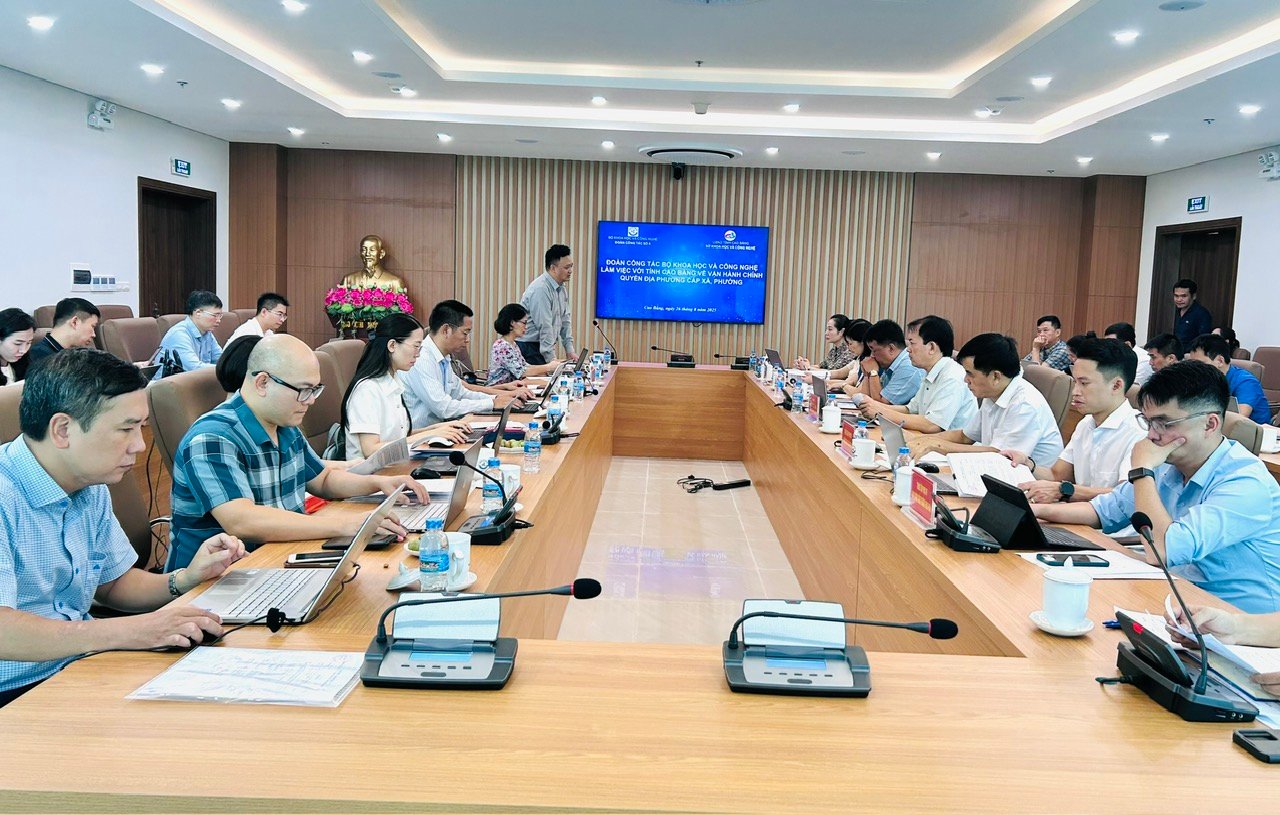
The delegation of the Ministry of Science and Technology worked with the Department of Science and Technology of Cao Bang province on the operation of two-level local government.
In document management, the Provincial People's Committee issued level 1 and level 2 electronic identification codes of agencies and units to serve the connection and sharing of data with ministries, branches, localities and between agencies and units in Cao Bang province, including 140 codes including 56 new commune units and 22 provincial units. The provincial data integration and sharing platform operates stably, connecting the national data axis; the online meeting system is deployed to 56 commune People's Committee points, connecting smoothly from the Central to the grassroots.
Human resources were initially arranged with 448 officers and technicians from Viettel, VNPT, Post Office... providing direct support in 56 communes and wards. The Department of Science and Technology has organized many training courses and digital skills training for officers and civil servants to improve operational capacity. However, telecommunications infrastructure in many villages is still limited; information technology (IT) equipment is lacking and outdated, while implementation costs still depend largely on support from the Central Government.
Regarding quality measurement standards management, the province has fully prepared the conditions for implementation according to decentralization, issued training plans for commune and ward officials; promoted the application of the ISO 9001:2015 quality management system; built a product traceability system, connected to the National Traceability Portal.
In managing science and technology tasks, the Department has changed the method from "management" to "creation", encouraging agencies and enterprises to order tasks according to practical needs; promoting independent appraisal and on-site supervision before acceptance; promptly updating information of administrative units after the merger, ensuring implementation progress.
The fields of technology, innovation, radiation and nuclear safety continue to be stable and uninterrupted. Intellectual property management, support for enterprises in technological innovation and creative startups are implemented according to current policies and mechanisms, contributing to the formation of a local innovation ecosystem.
In general, the implementation of two-level government in Cao Bang has created a clear change in administrative reform, application of science and technology and promotion of digital transformation, gradually putting e-government associated with digital government into practice, effectively serving people and businesses.
Reporting to the working delegation, Ms. Nong Thi Thanh Huyen, Director of the Department of Science and Technology of Cao Bang, said that after nearly two months of implementation, the two-level local government model in Cao Bang has been operating stably and achieved many results. However, in the actual implementation process, Cao Bang still encountered a number of difficulties and obstacles, such as: Large, fragmented area, sparse population, 95% of whom are ethnic minorities; limited telecommunications infrastructure, information technology equipment, and smartphones, especially in remote areas.
There is a shortage of human resources for digital transformation, with low quality; many commune-level officials hold multiple positions, with uneven qualifications. Some systems and platforms of ministries and sectors are not operating stably and synchronously, causing difficulties in connecting, sharing data and providing online public services.
In communes and wards, information technology equipment is old, with weak configuration, not meeting the requirements for digitalizing records; the one-stop system and digital signature still have errors, causing delays in records. The online public service system is not synchronized; the national public service portal is sometimes overloaded. Decentralized tasks are still overlapping, with unclear authority; there is a lack of specialized focal points for science and technology, innovation and digital transformation at the commune level...
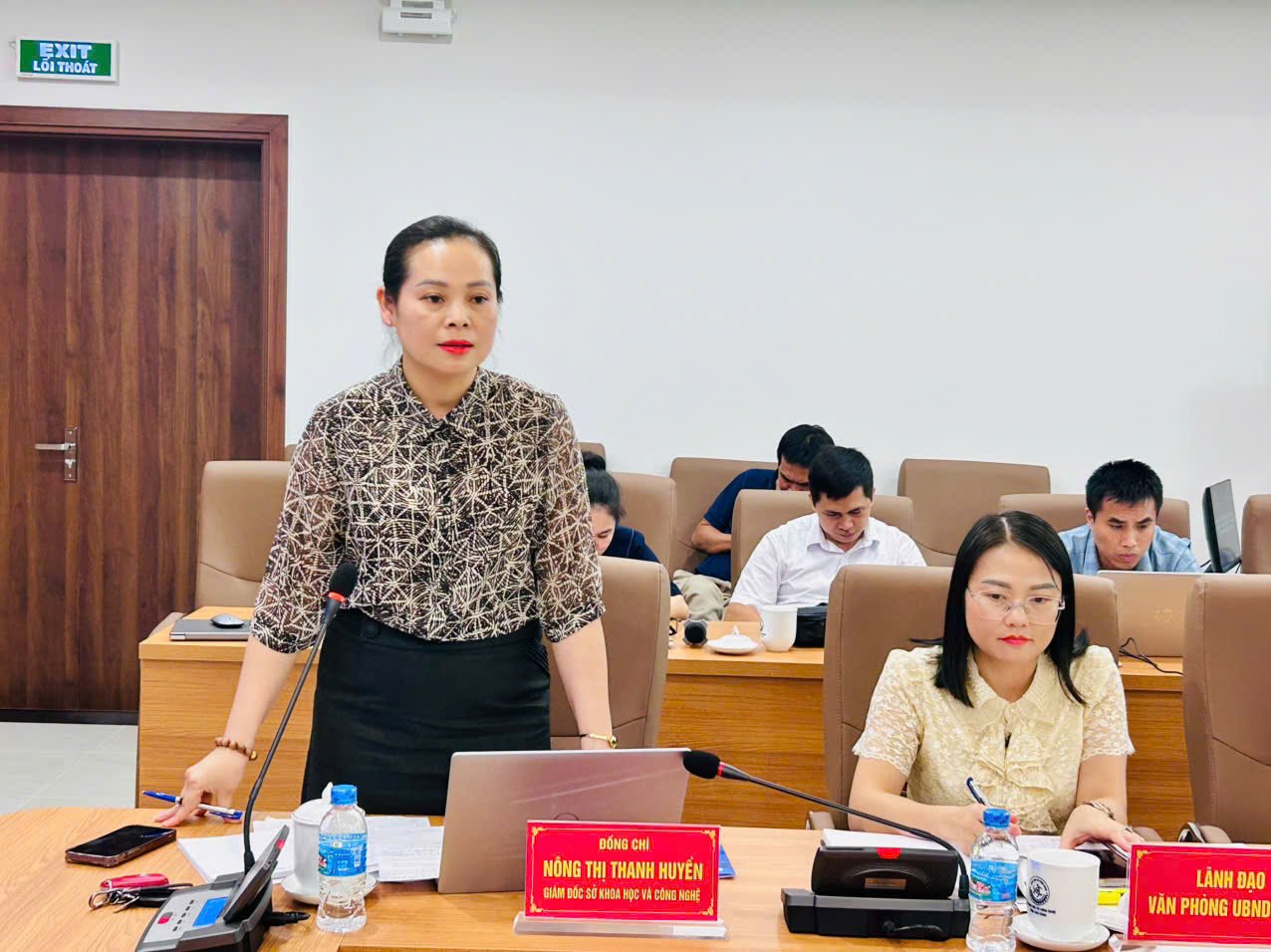
Ms. Nong Thi Thanh Huyen - Director of Cao Bang Department of Science and Technology spoke at the meeting.
Faced with that reality, Cao Bang recommends that the Ministry of Science and Technology support training, coaching, and soon issue guidelines, handbooks/manuals for commune and ward officials on science and technology, innovation and digital transformation; maintain and upgrade software systems, ensure stable and smooth operation; support funding for equipment purchases, ensure operating conditions for two-level authorities; soon complete telecommunications infrastructure and power grids in areas with weak signals, no signals or no electricity.
At the same time, it is recommended that the Committee for Standards, Metrology and Quality prioritize the arrangement of programs and projects under Decision 36/QD-TTg and Decision 1322/QD-TTg to directly support disadvantaged mountainous provinces and consider directing specialized units to support the province in implementing small-scale, appropriate quality productivity models based on science, technology and innovation. Support the implementation of simple, low-cost digital transformation application solutions to serve traceability and quality management. In addition, it is possible to consider selecting a number of large enterprises in Cao Bang with the capacity to train employees to become quality productivity experts, then support small enterprises in the province.
On behalf of the working delegation, Mr. Nguyen Sy Dang, Deputy Director of the Department of Assessment and Appraisal, Head of the working delegation, acknowledged and highly appreciated the implementation results of Cao Bang in operating the two-level government model, especially in handling administrative procedures associated with people's satisfaction.
Regarding the difficulties and problems of the locality mentioned at the working session, Mr. Nguyen Sy Dang requested the members of the working group to answer and guide the immediate handling and continue to synthesize recommendations, transfer them to specialized units for research and propose timely support solutions.
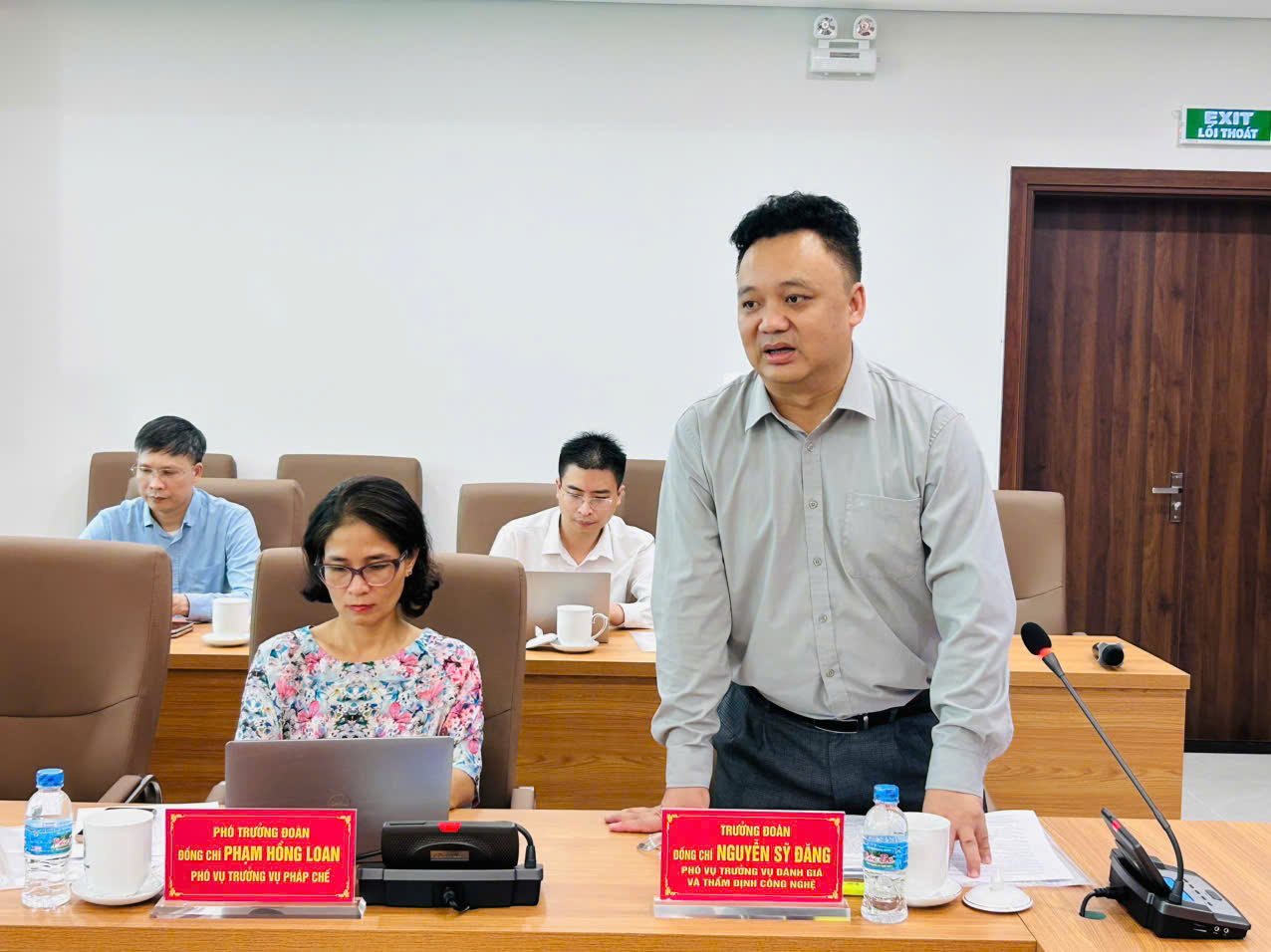
Mr. Nguyen Sy Dang, Deputy Director of Technology Assessment and Appraisal Department shared at the meeting.
During the working session, representatives of the working delegation of the Ministry of Science and Technology directly answered questions raised by the locality, while focusing on guiding the implementation of regulations and professional procedures and sharing practical experiences in implementing decentralization and delegation tasks in accordance with local conditions.
Some contents beyond the authority were compiled by the working group and reported to the Ministry's leaders to promptly find solutions to remove difficulties, in order to ensure that the two-level local government model in the field of science and technology in Cao Bang operates stably, effectively, and serves people and businesses well.
According to the working program, the delegation worked with the People's Committee of Thuc Phan Ward. Reporting to the delegation, Ms. Doan Thi Le Quyen, Vice Chairman of the People's Committee and Director of the Thuc Phan Ward Public Administration Service Center, said: Since July 1, 2025, the Center has received 2,386 administrative procedure records, of which 2,047 records have been resolved on time, contributing to improving the quality of service for people and businesses. However, the implementation process still faces many difficulties such as: The software system of the Tax sector has not been connected to the National Public Service Portal and the provincial system; equipment is still lacking; civil servants have not been fully trained in information security and there is a lack of specialized human resources in network security. Ms. Doan Thi Le Quyen proposed that the Ministry of Science and Technology and specialized agencies soon deploy an interconnected software system, organize in-depth training on network security for officials, and issue specific instructions in determining the rate of online public service usage by people and businesses.
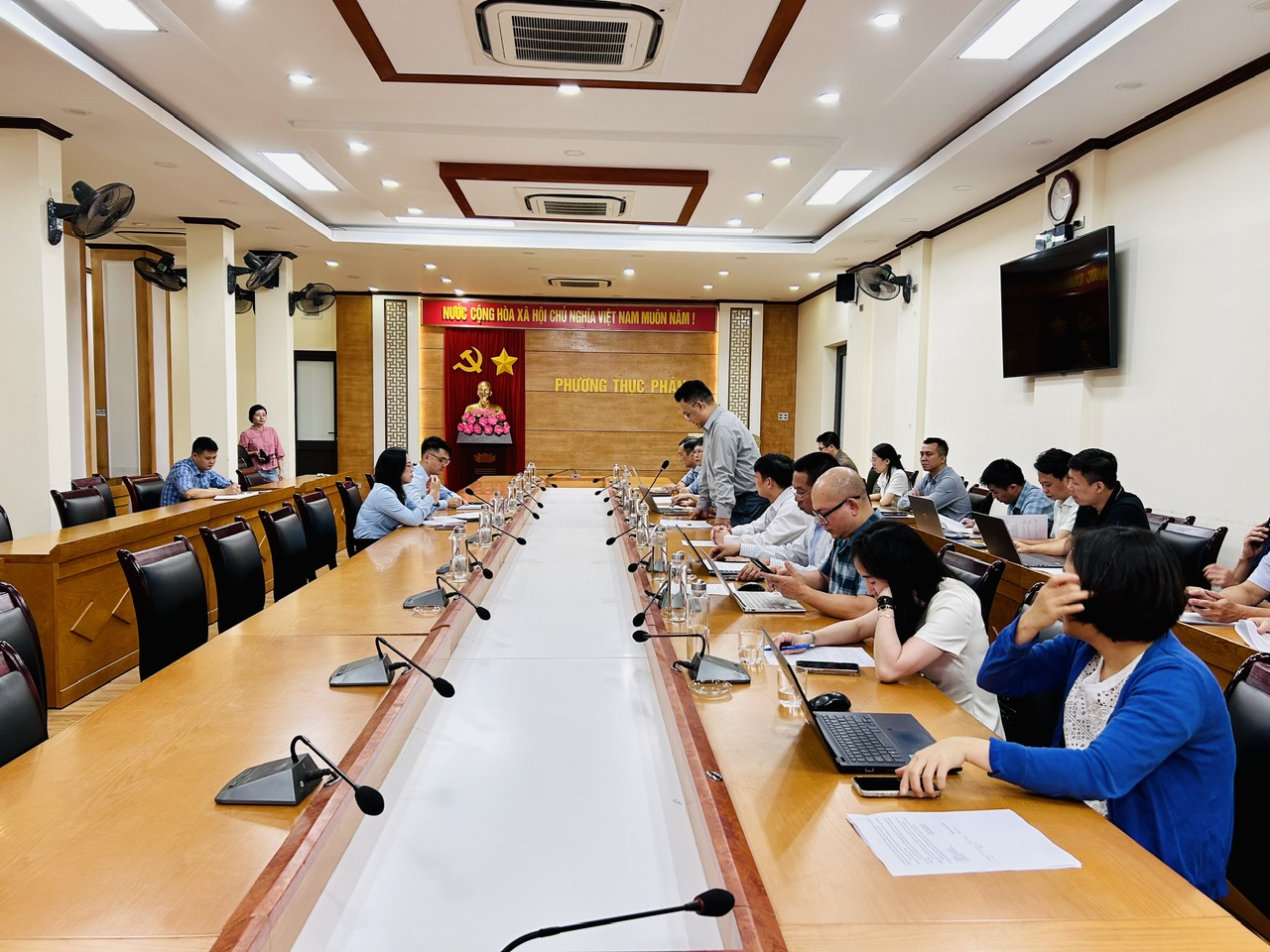
The delegation worked at the People's Committee of Thuc Phan ward.
On the same day, the Working Group also conducted a field survey at the Cao Bang Provincial Public Administration Service Center and the Thuc Phan Ward Public Administration Service Center, Cao Bang Province.
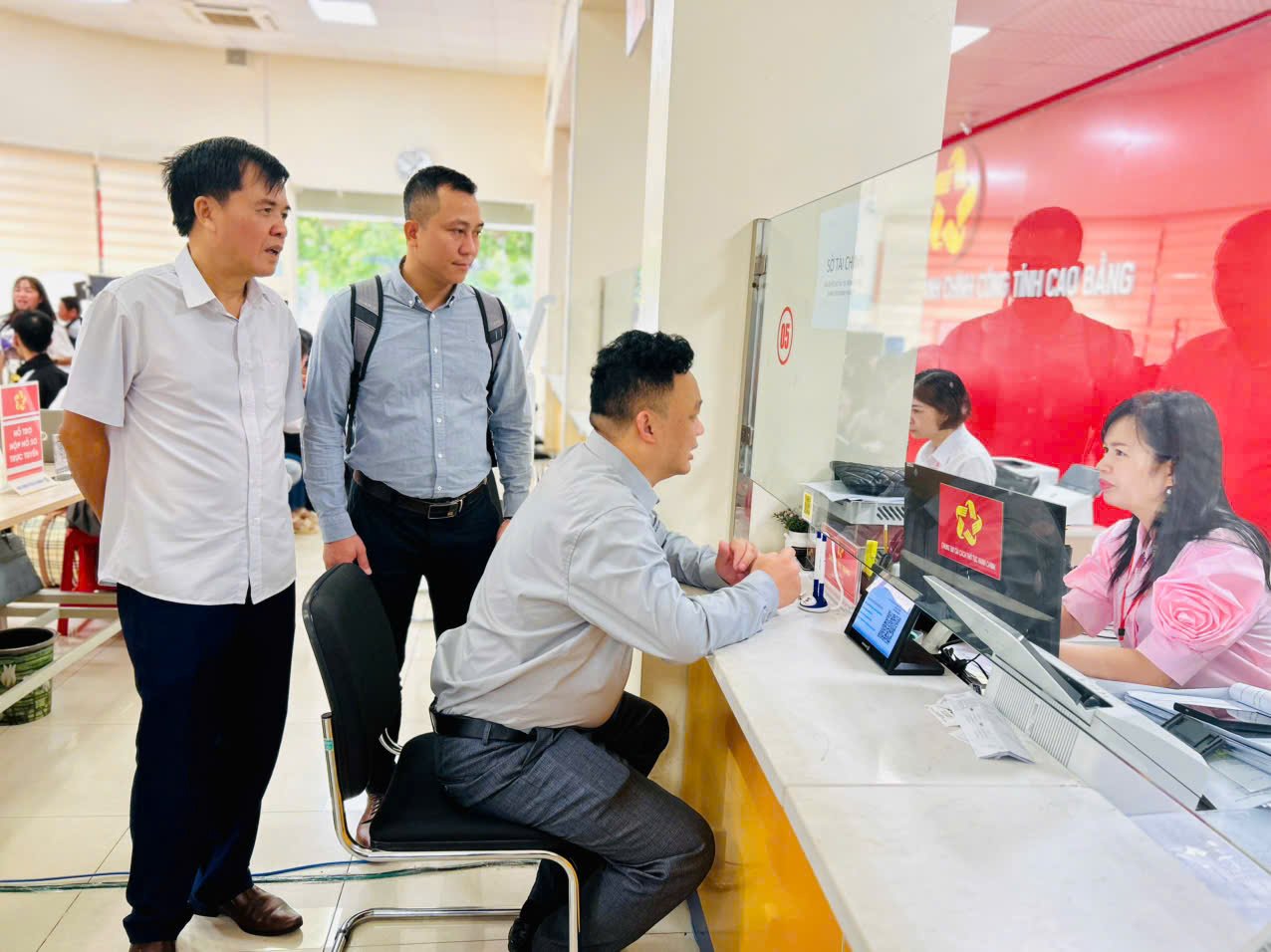
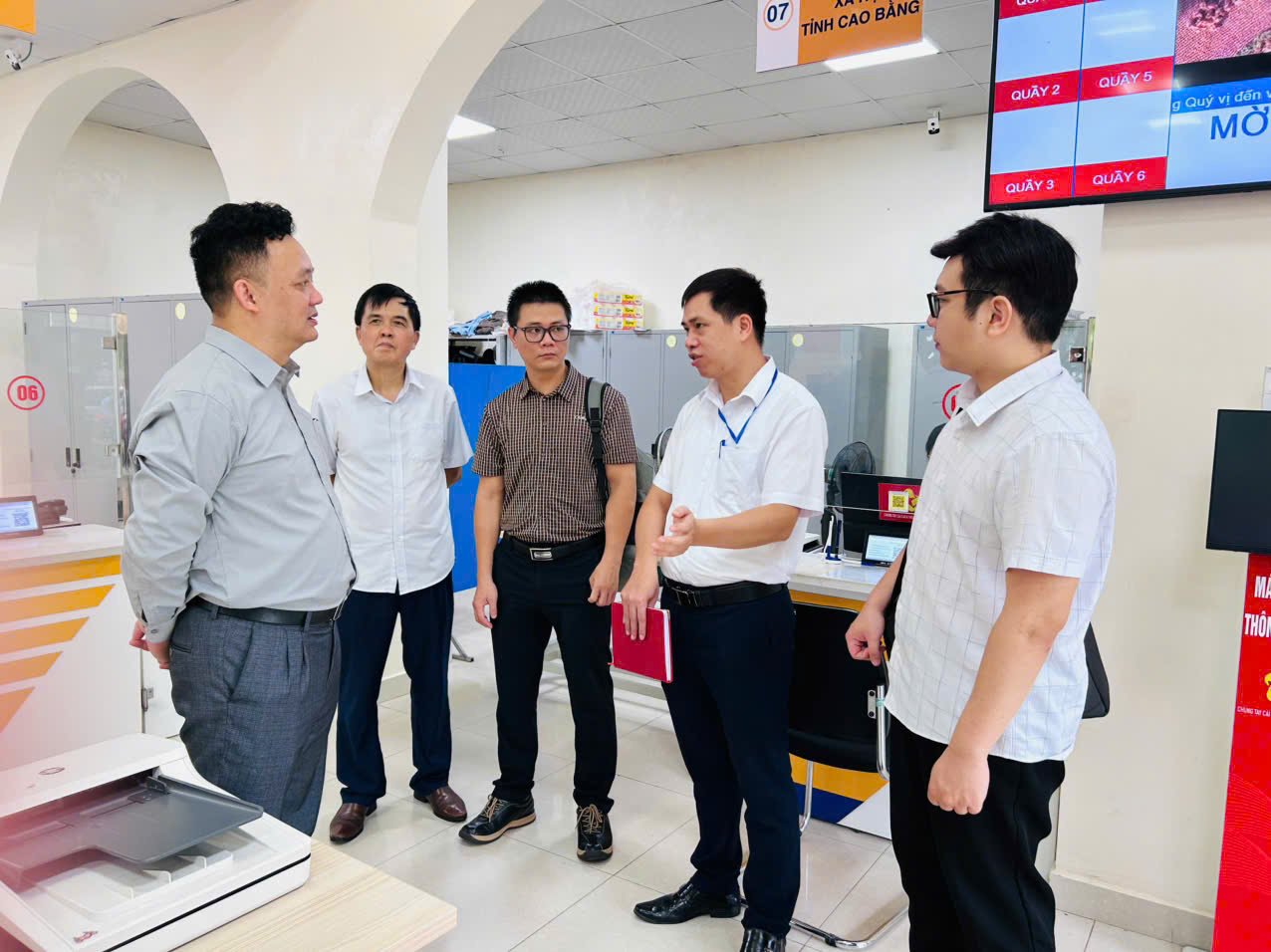
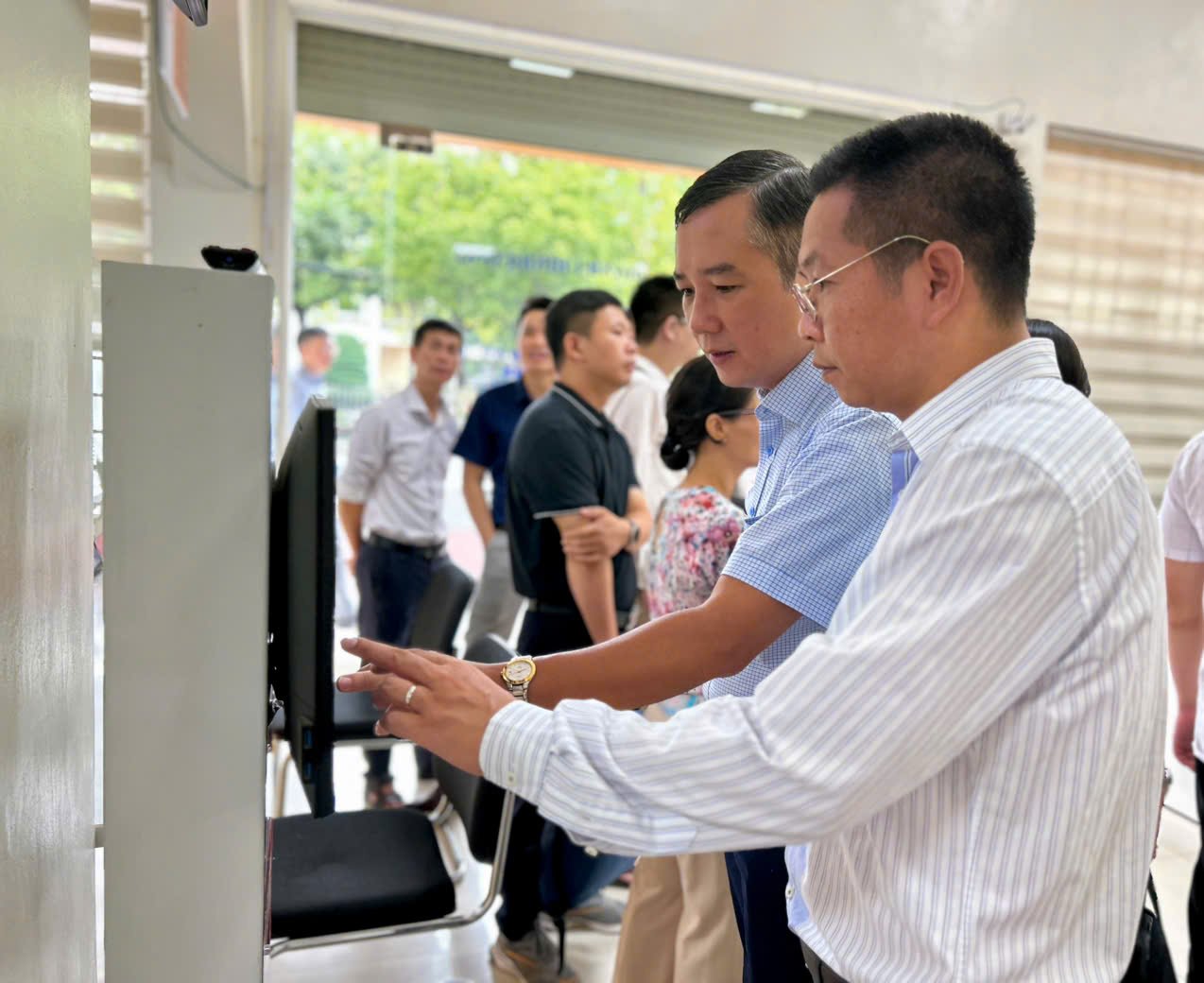
The delegation visited the Cao Bang Provincial Public Administration Service Center.
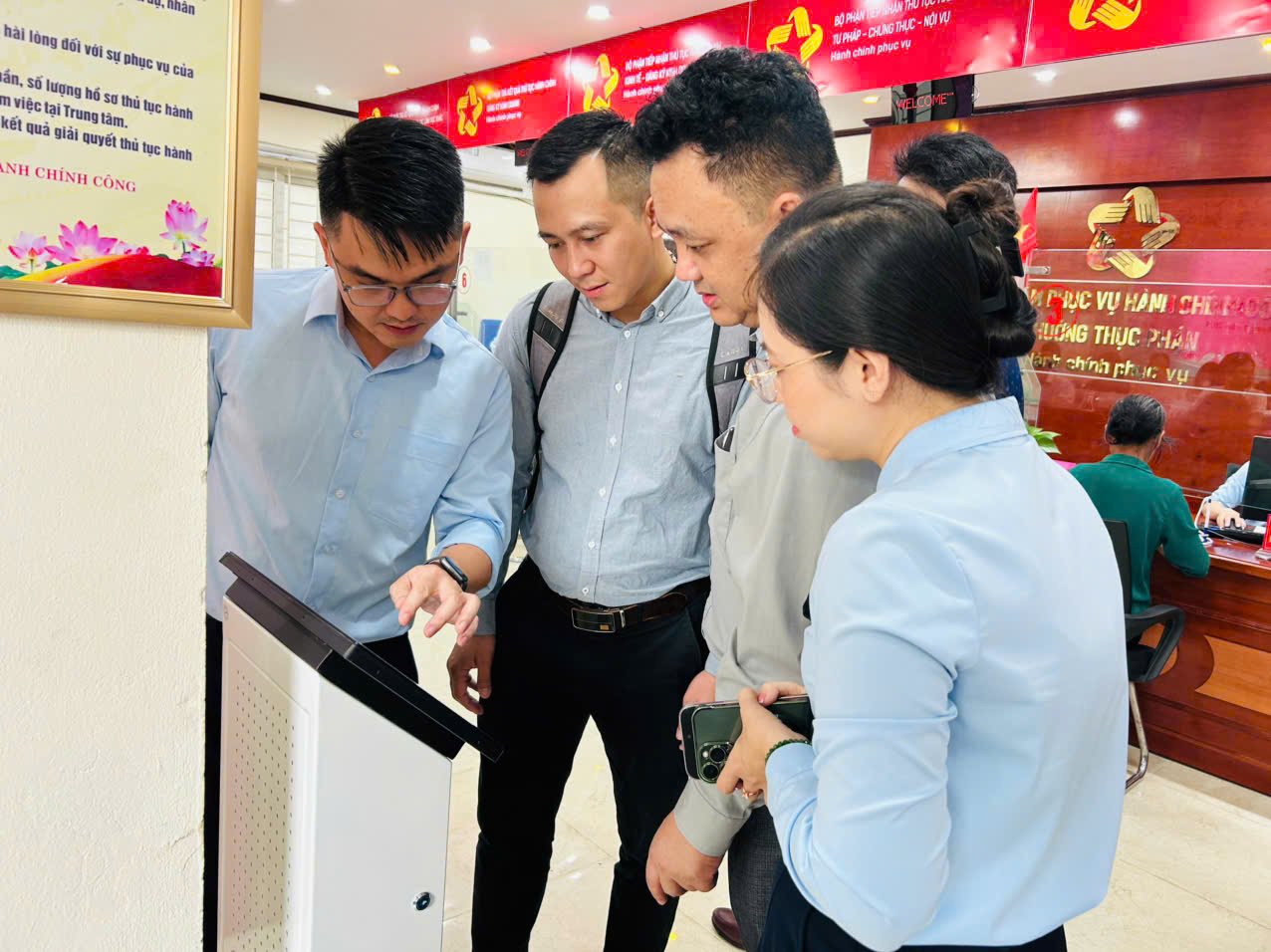
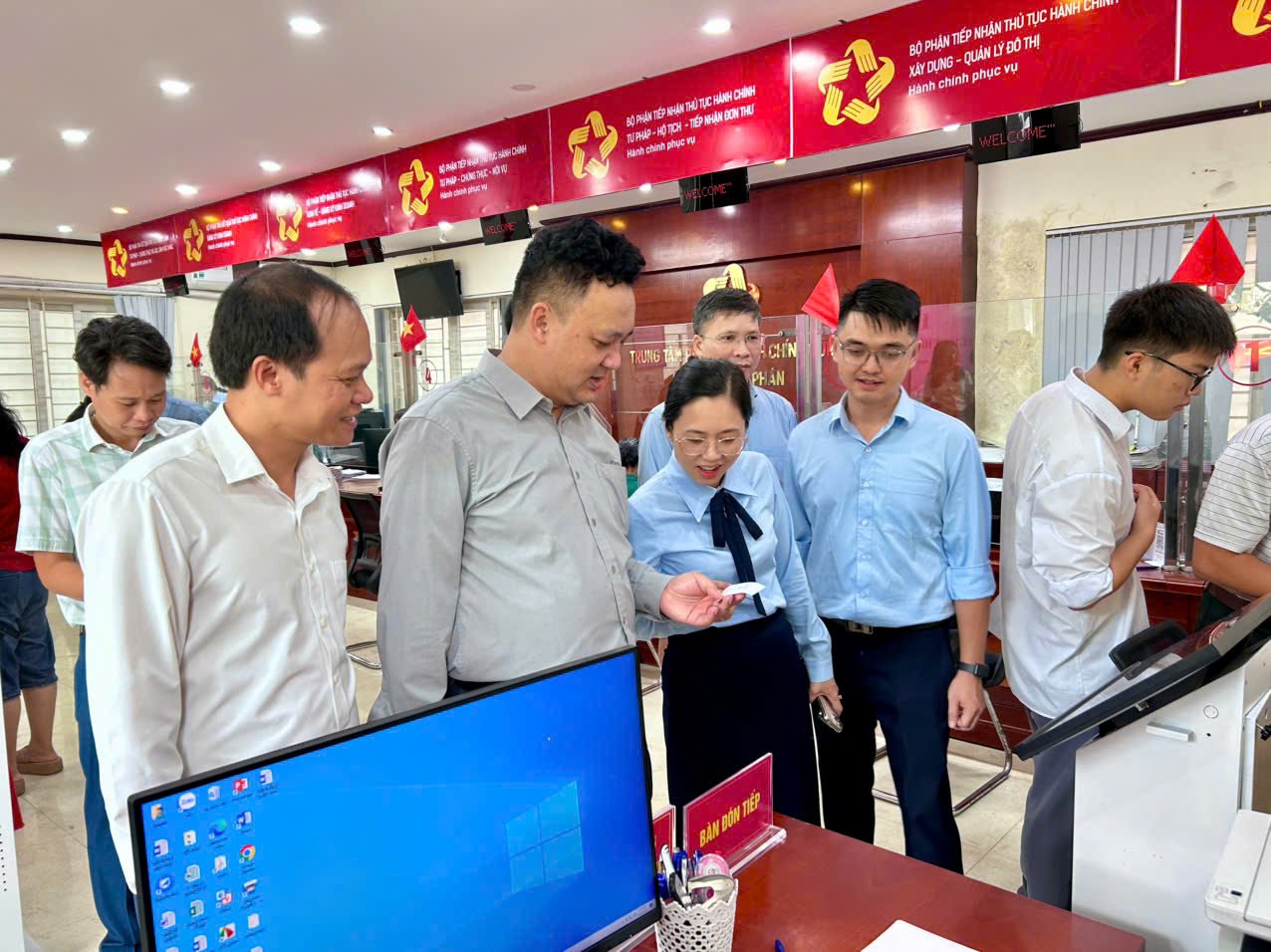
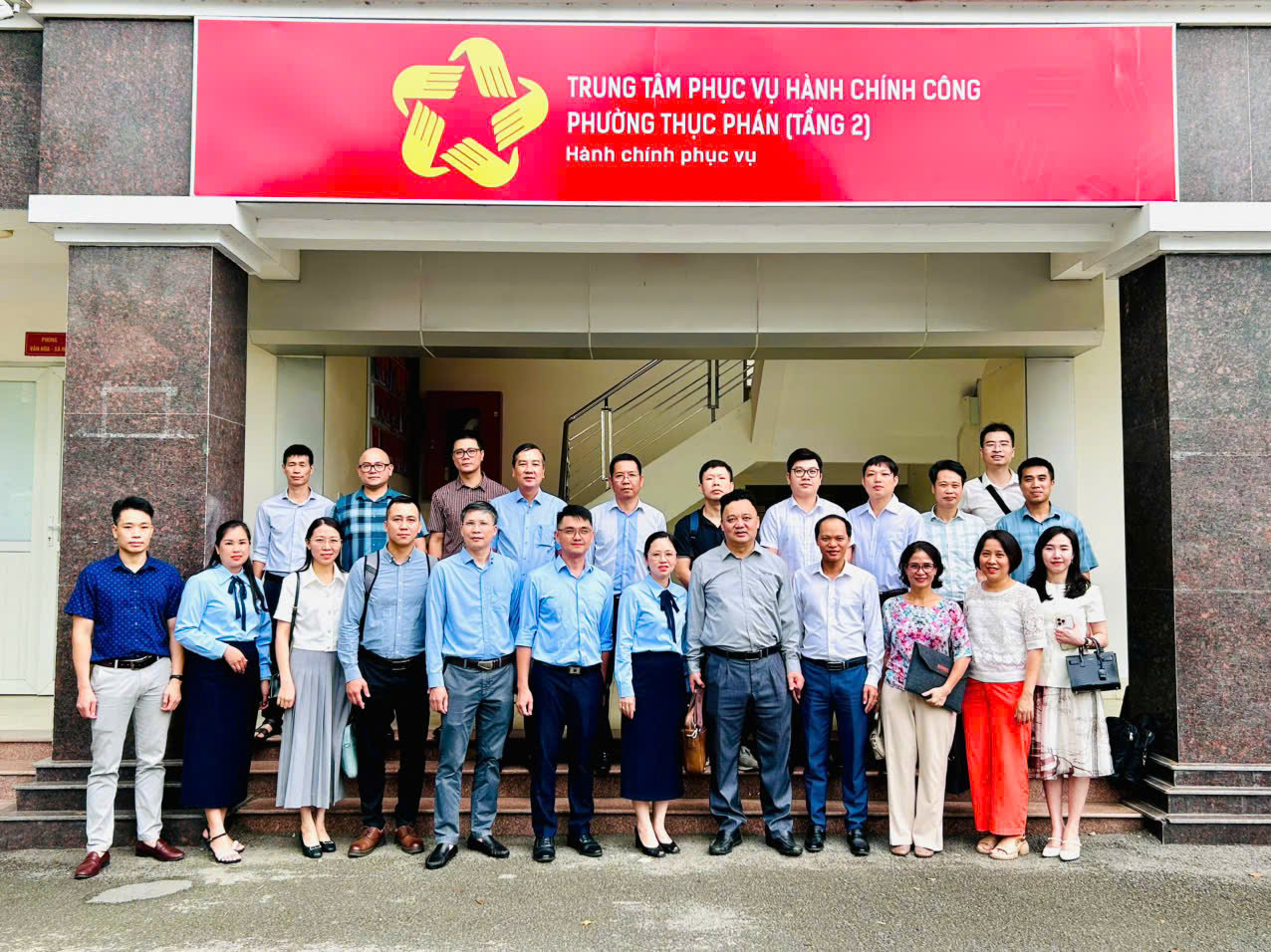
The delegation visited the Thuc Phan Ward Public Administration Service Center.
The results of the working trip to Cao Bang will be the basis for the Ministry of Science and Technology to synthesize and advise the Government to continue perfecting the legal corridor and mechanisms to effectively implement the two-level local government model, associated with the task of decentralizing authority, decentralization, and decentralization in the fields of science and technology, innovation, and digital transformation.
Source: https://mst.gov.vn/chinh-quyen-hai-cap-o-cao-bang-hieu-qua-tu-su-doi-moi-vi-dan-197250826204130435.htm



![[Photo] Multi-colored cultural space at the Exhibition "80 years of the journey of Independence - Freedom - Happiness"](https://vphoto.vietnam.vn/thumb/1200x675/vietnam/resource/IMAGE/2025/8/26/fe69de34803e4ac1bf88ce49813d95d8)

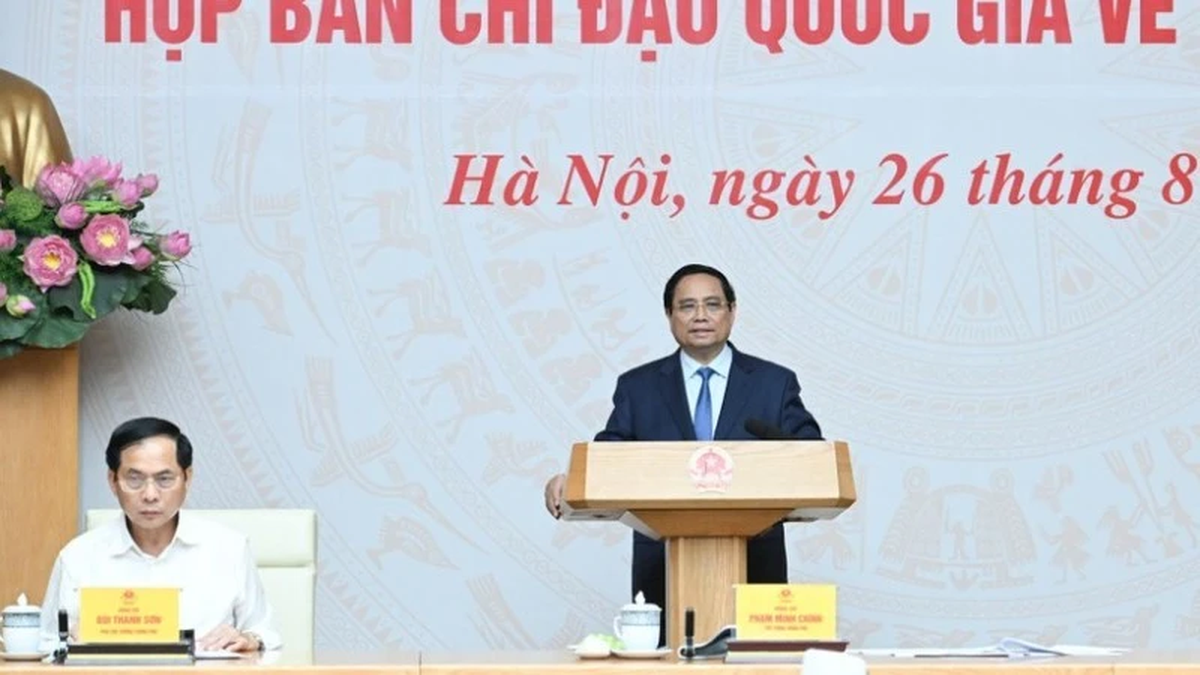
![[Photo] Prime Minister Pham Minh Chinh chairs meeting of National Steering Committee on International Integration](https://vphoto.vietnam.vn/thumb/1200x675/vietnam/resource/IMAGE/2025/8/26/9d34a506f9fb42ac90a48179fc89abb3)
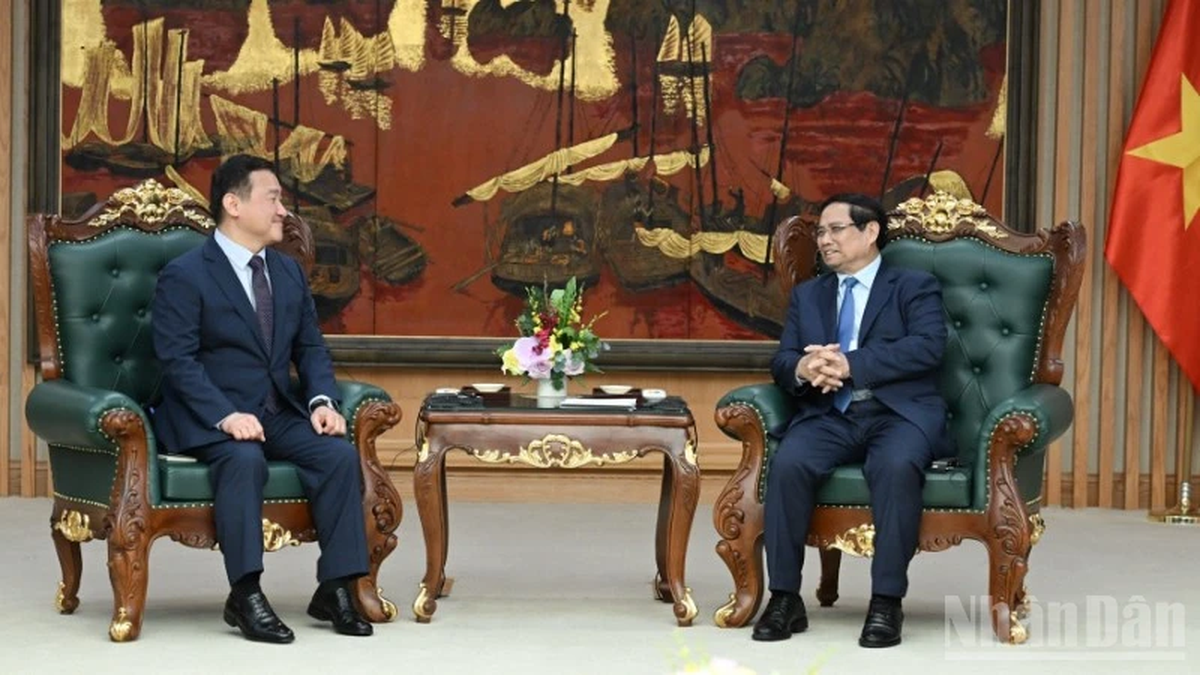
![[Photo] Prime Minister Pham Minh Chinh receives CEO of Samsung Electronics](https://vphoto.vietnam.vn/thumb/1200x675/vietnam/resource/IMAGE/2025/8/26/373f5db99f704e6eb1321c787485c3c2)
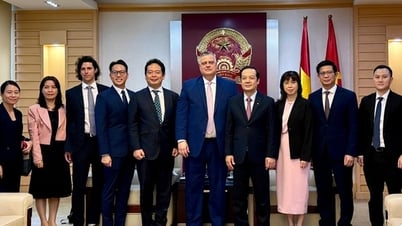
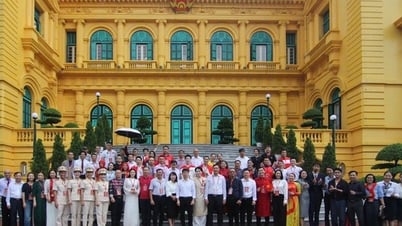


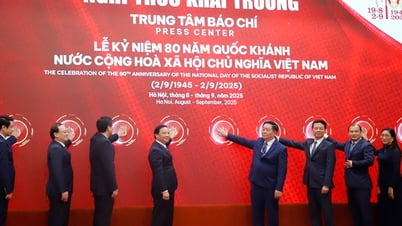






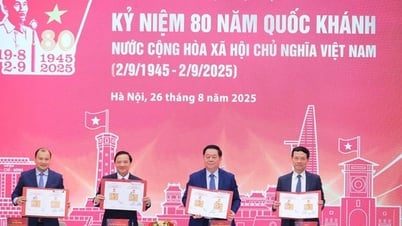
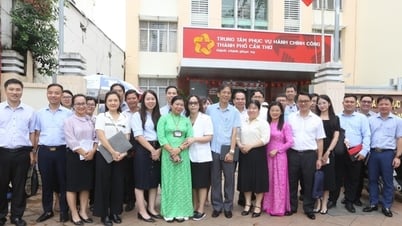
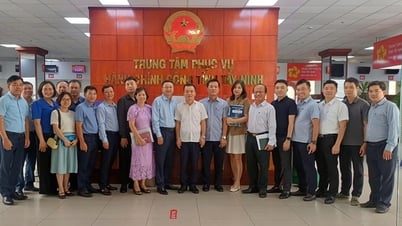

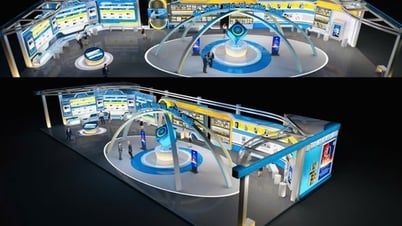
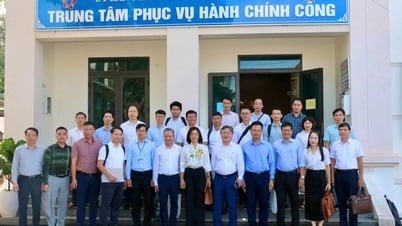






























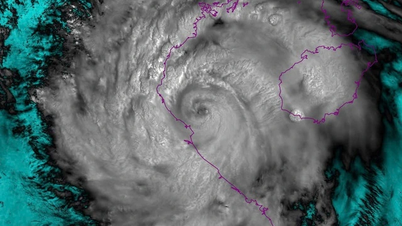


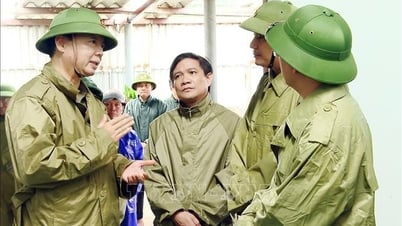

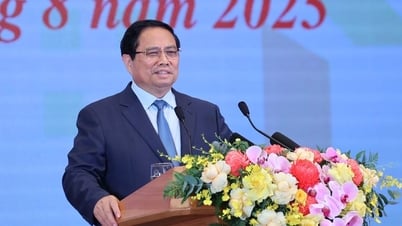


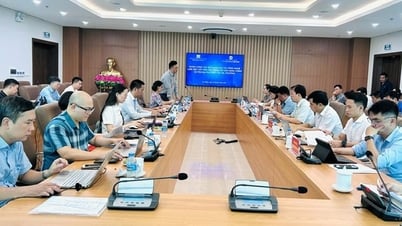
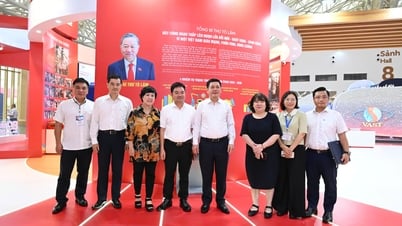



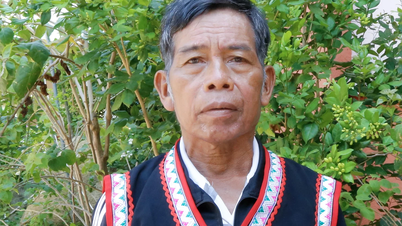


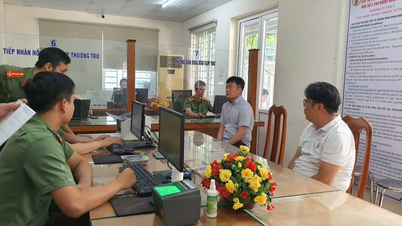

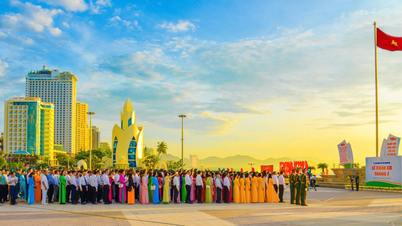





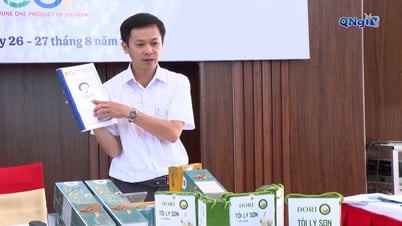










Comment (0)